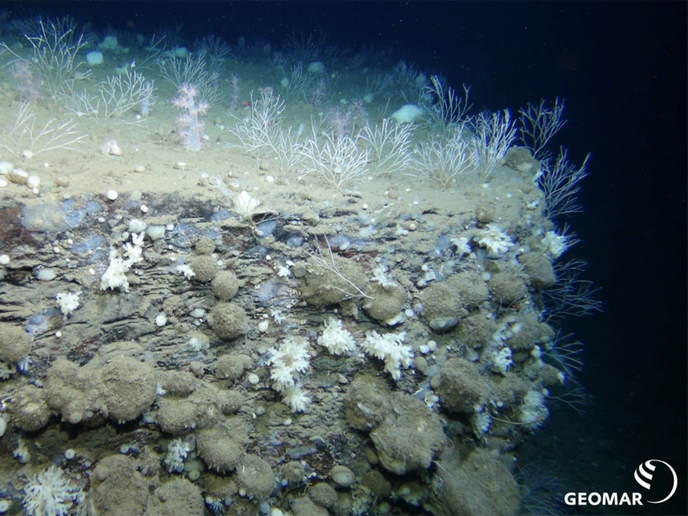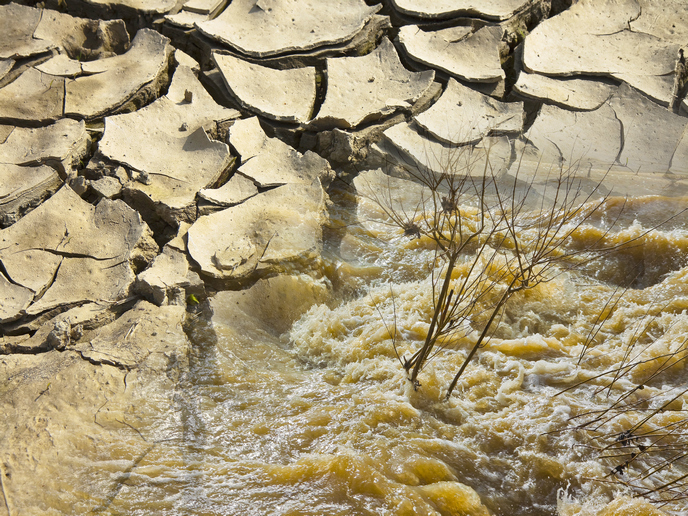A holistic approach to forest restoration
Working towards the re-establishment of a mature forest cannot be limited to the lifetime of a short project. The whole process is long term and involves colonisation and extinctions together with strategic interventions from management. Forests in Kenya, Madagascar and Uganda have been profoundly affected by deforestation and degradation as a result of itinerant farming, human pressure and erosion. To date, there is little information on restoration options for tropical humid and sub-humid regions. Consequently, the EU-funded Foreaim project focused on the stages through time occurring in natural regeneration as on land that is fallow or areas where agriculture has been abandoned. Foreaim also studied stages in the degradation process ranging from pristine to clearance. To ensure the robustness of vegetation used for recolonisation, Foreaim studied the genetics of species to be introduced. To define new biophysical and economical indicators of restoration/degradation, other processes investigated included propagation, product quality, soil chemistry and microbial populations as well as erosion. Foreaim researchers collaborated with all stakeholders and took into account economic, societal policy and marketing issues to enhance chances of employment and local income. For example, the team used ecologically and economically important species that are of international interest and available for export. The approach taken by Foreaim is vastly different to monodisciplinary formulations normally used for reforestation. Project recommendations promise to arrest degradation and restore forests as well as create an environment where local communities can start to improve standards of living again.







